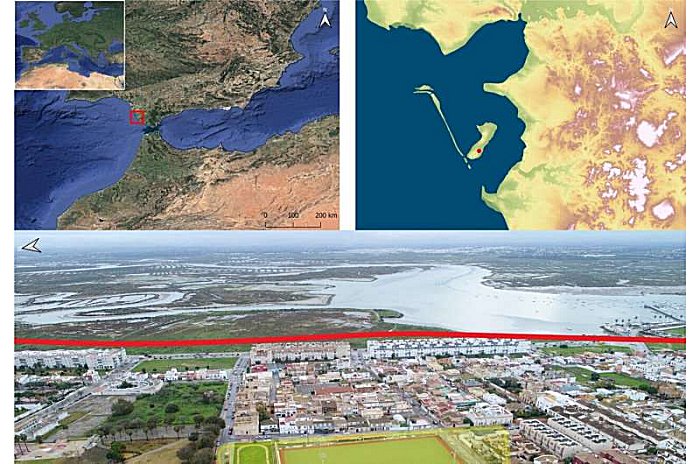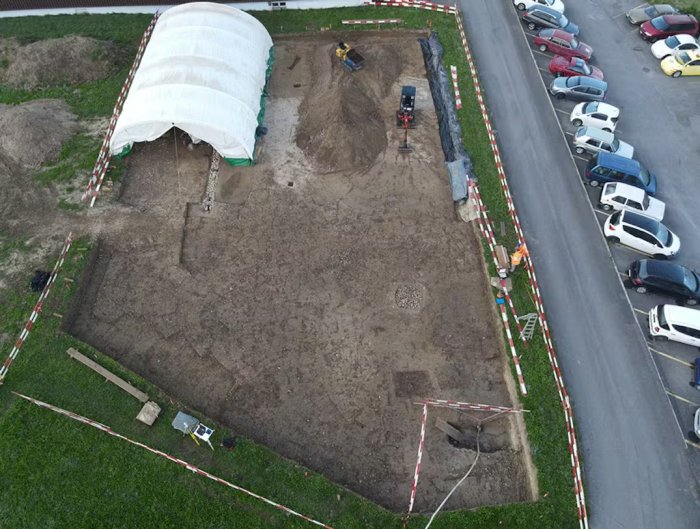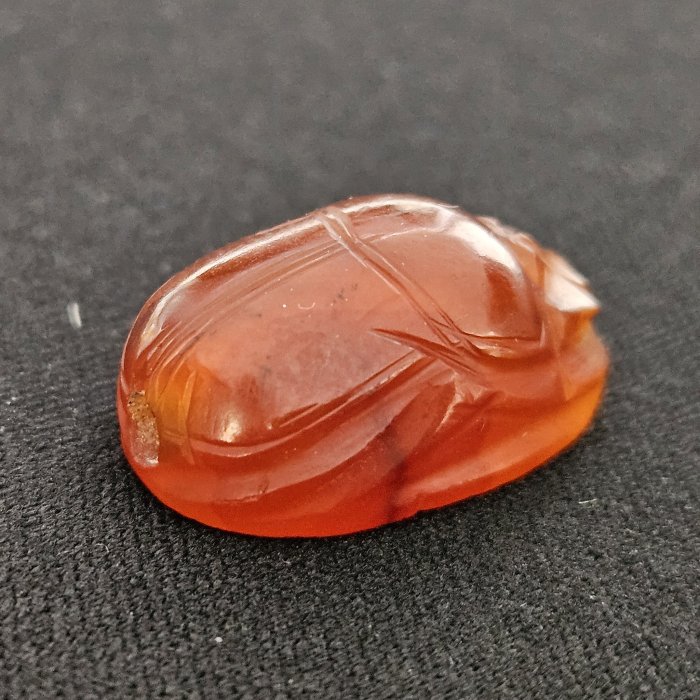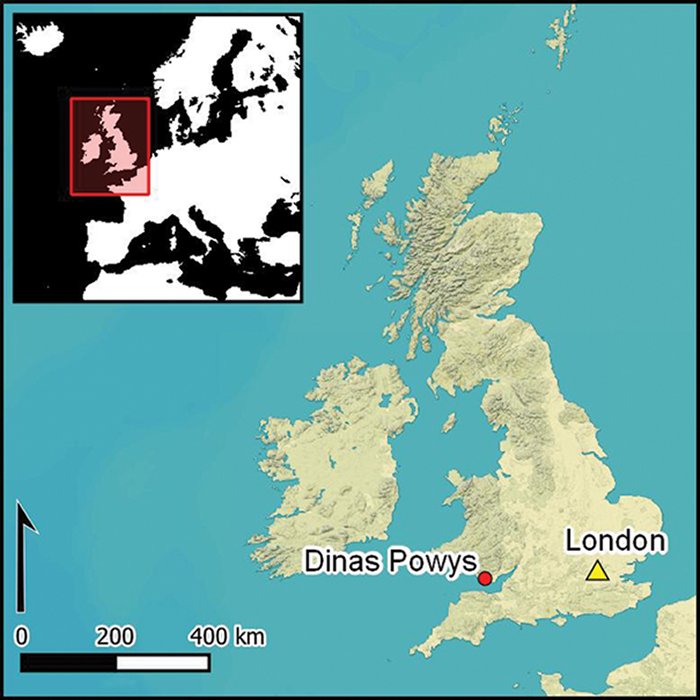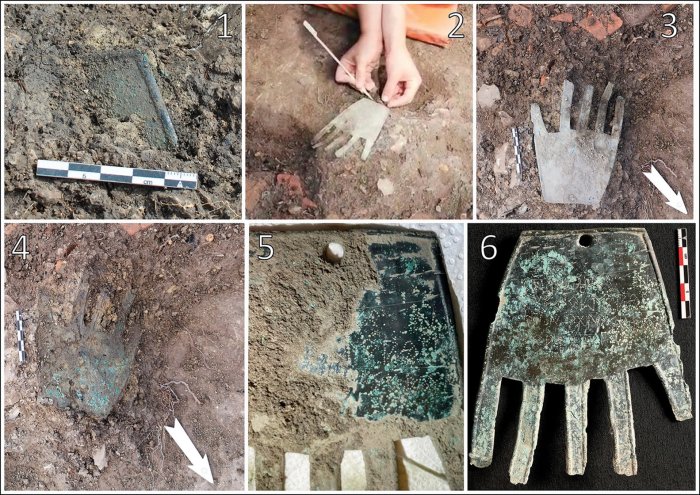Jan Bartek – AncientPages.com – The world’s oldest human statue has been unearthed in Karahan Tepe, Turkey. The 7.5-foot-tall statue is estimated to be about 11,000 years and depicts a man clutching his penis with both hands.
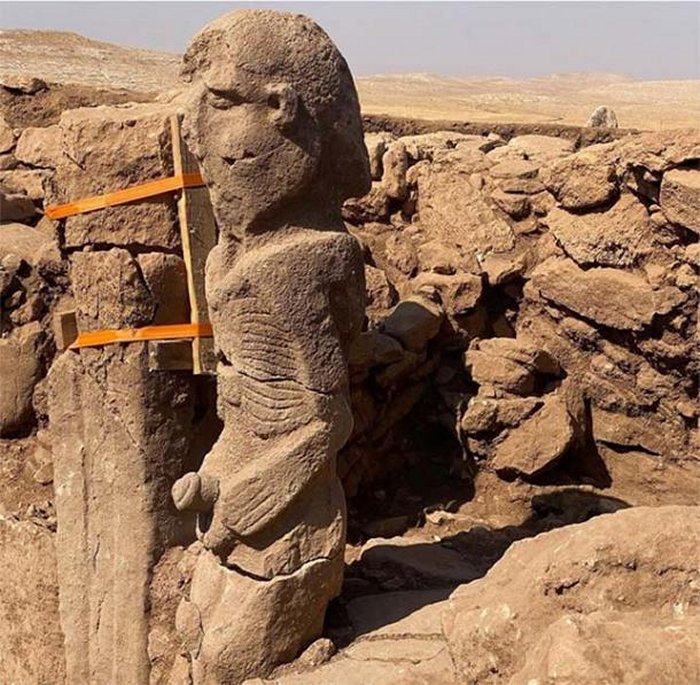
The 7.5ft (2.3m)-tall statue was discovered at Karahan Tepe, which is around 22 miles (35km) from a Mesolithic temple built 6,000 years before Stonehenge. Credit: Ministry of Culture and Tourism
The phallic symbol is often ᴀssociated with fertility gods. Could this be a statue made in the image of a worshiped ancient fertility god?
The Urfa Man has long been the oldest known life-sized statue. Found in Turkey, the Urfa Man is dated to around 9,000 B.C. The life-sized statue was recovered in 1993 in the Balikligöl quarter, and interestingly, the Urfa Man is also holding his genitals with both hands.
Karahan Tepe in the Germuş mountains of south-eastern Turkey near the border with Syria is a fascinating archaeological site almost as old as Göbekli Tepe, where scientists have discovered the world’s oldest megaliths.
Located only 46 kilometers from Göbekli Tepe, Karahan Tepe was most likely used by the same Neolithic culture. Some scientists suggest Karahan Tepe, predates Göbekli Tepe, but now everyone agrees. In any case, there is no doubt the newly discovered ancient human statue is one of the most fascinating finds made at the site where archaeologists have previously found 250 obelisks featuring animal figures.
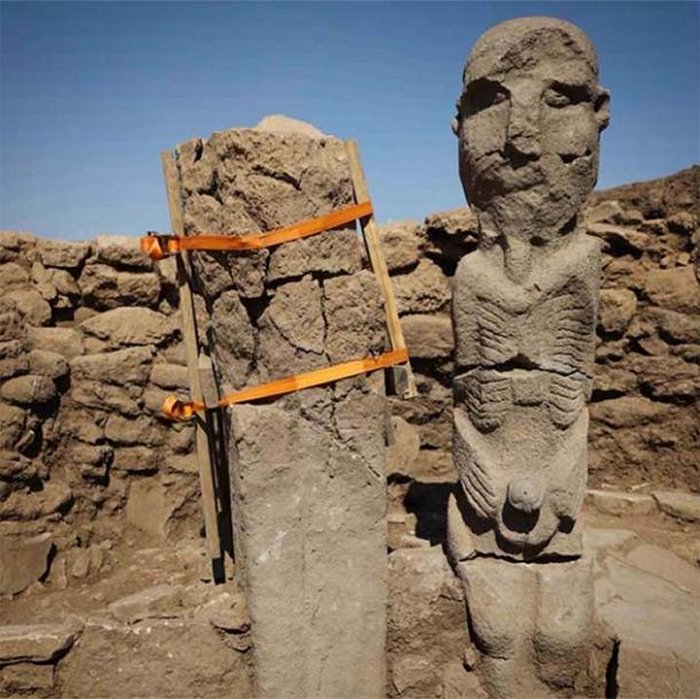
Credit: Ministry of Culture and Tourism
During the recent archaeological excavations, two more ancient animal statues were found. One depicts a wild boar, and the other is made in the image of a vulture. Red, white, and black pigment residues can be seen on its surface, making it the first painted sculpture found from that period to the present day, scientists said in a press release.
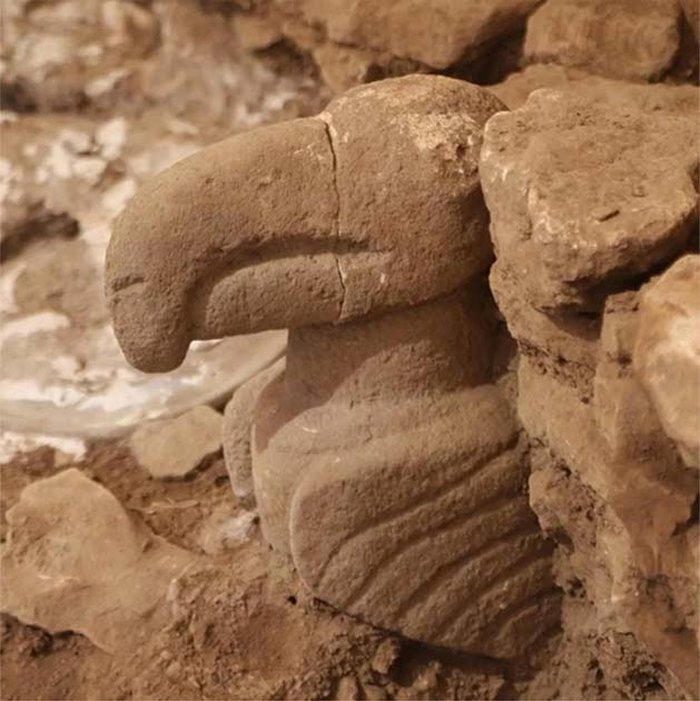
Credit: Ministry of Culture and Tourism
The purpose of Göbekli Tepe and Karahan Tepe remains a subject of debate. Still, both sites, with their large, complex megaliths and T-shaped monuments, offer evidence hunter-gatherer communities in southwest Asia at the time were a lot more sophisticated than archaeologists had once thought.
The interpretation of the 11,000-year-old human statue of the bearded man and his extraordinary pose remains in the realm of speculation, at least for now. Who was this man? Was he a leader of the community, a member of one of the families who lived here, or someone else? We cannot answer these questions.
See also: More Archaeology News
According to archaeologist Necmi Karul of Istanbul University, who uncovered the statue, no statues of women have been found at the site, though it’s possible these were made out of wood and lost in time.
Written by Jan Bartek – AncientPages.com Staff Writer
